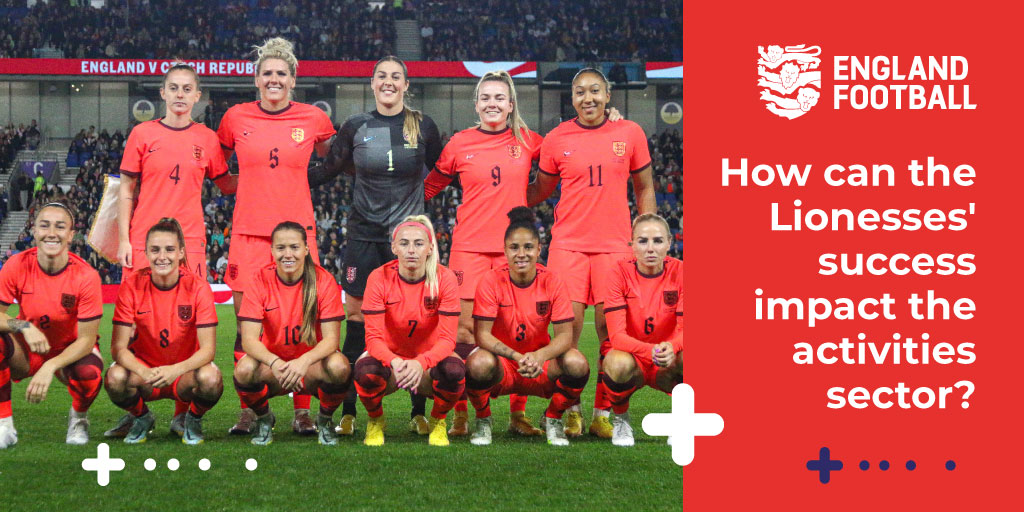The Lionesses’ success has raised many questions across the activities sector as to the role they play in representing the value of sport for girls and women. Whilst women’s football had a major audience prior to World War 1, between 1921 and 1970, women were banned from playing the game, making the women’s continued success at the World Cup a significant step in representation.
StreetGames, for example, have noted the importance of the Lionesses’ victory. According to the charity, there are now over 100,000 more girls participating in the sport than there were just five years ago. And whilst girls are engaging far less often than boys (23% compared with 56%), their continued success highlights a genuine need for greater intervention.
In the UK particularly, there are clear issues about accessibility for women and girls. Many girls still find insurmountable barriers to playing football, including kit costs, menstrual poverty, and transportation and safety concerns. In many co-educational schools, policies that create equanimity in physical activity are still sorely lacking.
The activities sector has an opportunity to create supplementary physical education spaces that give improved value to girls’ experiences. In utilising school spaces, providing mixed-activity programmes and supporting schools with their PE provisions, the sector can revolutionise physical education. With multiple academic goals, taking the stress of institutions to reach higher activity standards would strengthen institutional partnerships.
The Lionesses themselves have pointed to schools as an ideal place to encourage better access to sport. The Women’s Football Review, led by pundit Karen Carney MBE has produced a list of recommendations to support women’s football holistically. Clearly, creating comparable opportunities between the genders is key to improving standards.
The commitment to minimum operating standards, including player salaries and parental packages, are amongst these recommendations. The aim is to solidify the importance of women’s football by, for example, providing comparable broadcast slots, salaries and equanimity through parental packages.
A good indication of women’s sport having the support of the commercial sector is the recent announcement of Greene King’s investment in women’s football. The pub company and brewer has highlighted their investment in grassroots sport, totalling £126,000 in funds for women’s sports groups. CEO Nick Mackenzie has pledged to double that amount after England’s success in Australia.
Yet this recognises existing support and could be construed as a way to market their brand at the expense of women’s sport. It wouldn’t be an uncommon occurrence, as stories pertaining to sexual impropriety and lack of ambassadorial support for the Lionesses’ World Cup bid continue to make the headlines.
The importance of maintaining standards and simultaneously raising them for the future is dependent on strong governmental support in schools. The recent commitment to the Pupil’s Premium for the next two academic years and further investment in competitive as well as non-competitive physical activity is a positive indication of that direction.
It is important that as the excitement wanes, the commitment to girls and women’s football remains solid and consistent.








